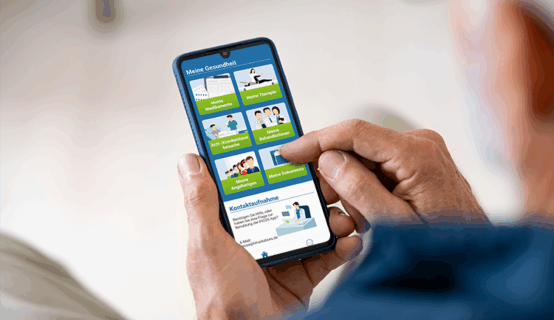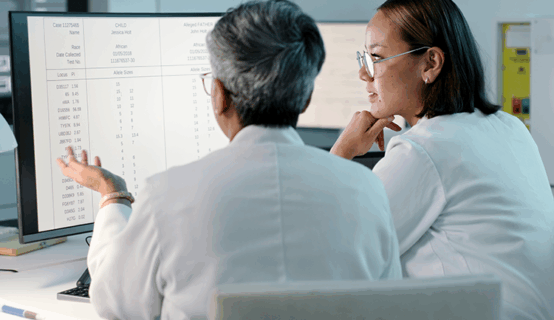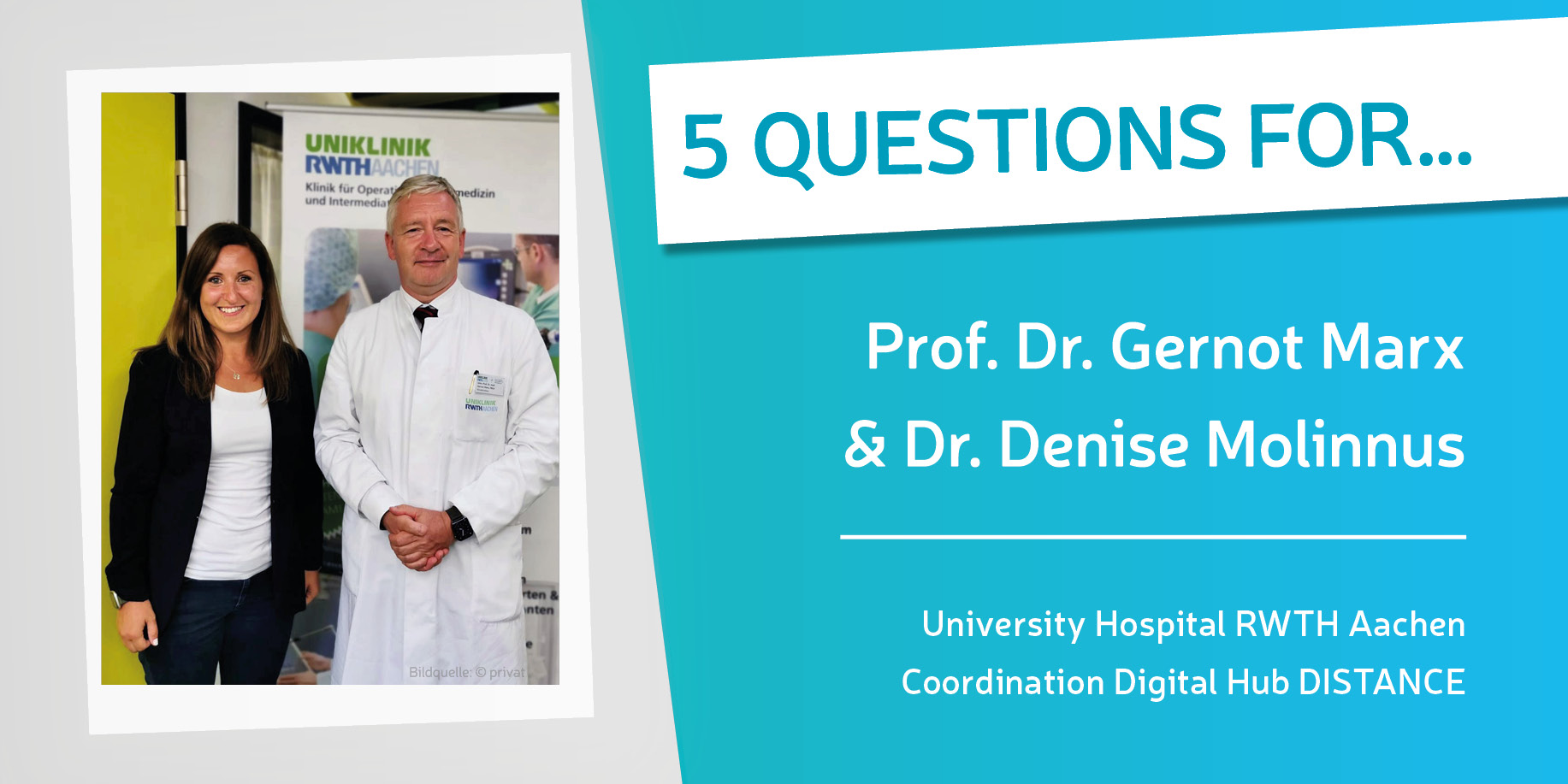PICOS App supported patients’ medical self-care
After extended stays in intensive care units, Post-Intensive Care Syndrome (PICS) often leads to physical, mental, and emotional limitations in quality of life. The PICOS App supported around 200 former intensive care patients in their health-related self-care following discharge. Using the app, users were able to regularly document their health and well-being. This continuous data helped both the patients and their treating physicians gain an overview of their current health status. These longitudinal data are of great and lasting importance both for clinical research and for improving clinical conditions and treatment processes.








